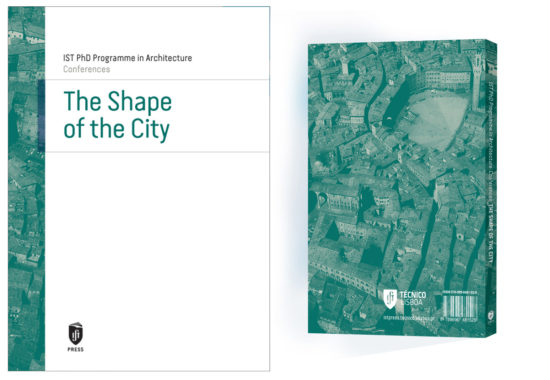THE MEDITERRANEAN QUESTION
O preço original era: €6,50.€5,85O preço atual é: €5,85.
“The Mediterranean Question” reveals cultural relationships and hidden narratives, far beyond conventional architecture discourses about the “Mediterraneus” (medius terra) that, for centuries, represented the centre of commercial, cultural exchanges and conflicts. Antonio Pizza addresses the theme of the Mediterranean syncretism in Spanish art and architecture during the first decade of the 20th century, with a special focus on residential architecture, reviewing existing approaches and revealing novel ones. Ricardo Agarez presents the Algarve, in Portugal, as the most Mediterranean part of what is an Atlantic country by scrutinizing its architecture as a new way of understanding the past and envisioning the future. Mafalda Pacheco presents the urban and architectural evolution of Fuzeta, a coastal fishing settlement in Algarve and its relationship with other Mediterranean settings, by examining vernacular houses with similar construction techniques, including the system of vaults and roof terraces. João Santa Rita explains how far an anonymous modern single family house (Alporchinhos, Algarve) was developed in deep correlation with the elements of its physical and cultural context, following vernacular influences.
Descrição
“The Mediterranean Question” reveals cultural relationships and hidden narratives, far beyond conventional architecture discourses about the Mediterraneus (medius terra) that, for centuries, represented the centre of commercial, cultural exchanges and conflicts. Antonio Pizza addresses the theme of Mediterranean syncretism in Spanish art and architecture during the first decade of the 20th century, with a special focus on residential architecture, reviewing existing approaches and revealing novel ones. Ricardo Agarez presents the Algarve, in Portugal, as the most Mediterranean part of what is an Atlantic country by scrutinizing its architecture as a new way of understanding the past and envisioning the future. Mafalda Pacheco presents the urban and architectural evolution of Fuzeta, a coastal fishing settlement in Algarve and its relationship with other Mediterranean settings, by examining vernacular houses with similar construction techniques, including the system of vaults and roof terraces. João Santa Rita explains how far an anonymous modern single-family house (Alporchinhos, Algarve) was developed in deep correlation with the elements of its physical and cultural context, following vernacular influences.
This publication is the result of the keynote lectures presented in September 2016, in the scope of the IST PhD Programme in Architecture, putting together researchers of reference and PhD students.



